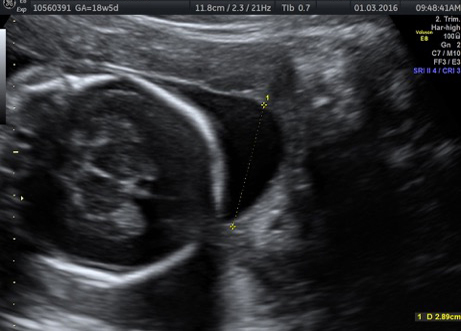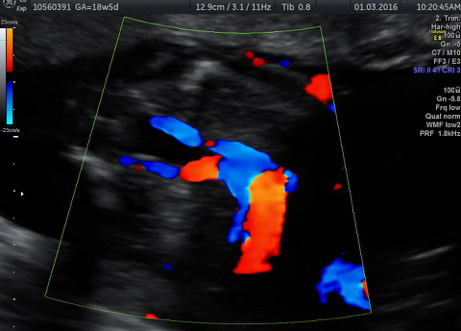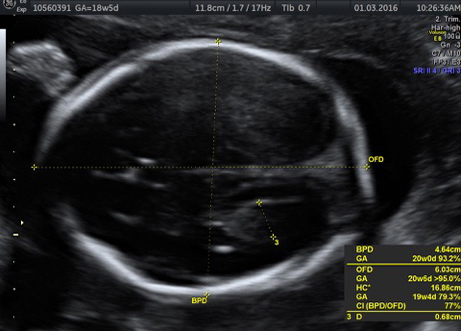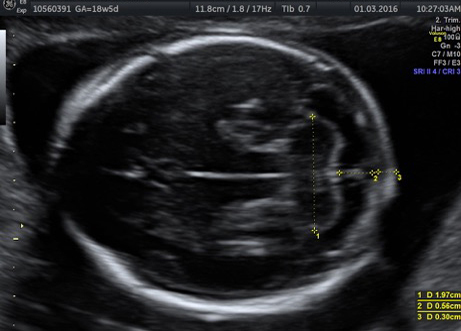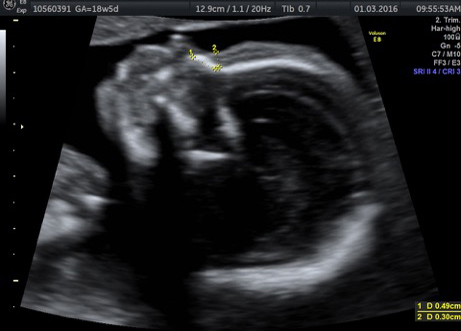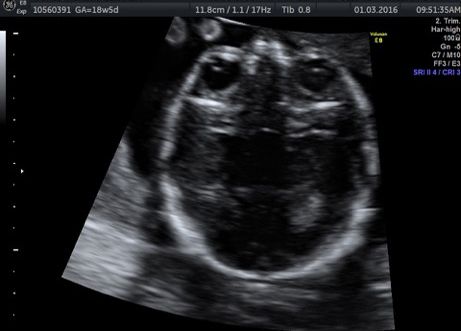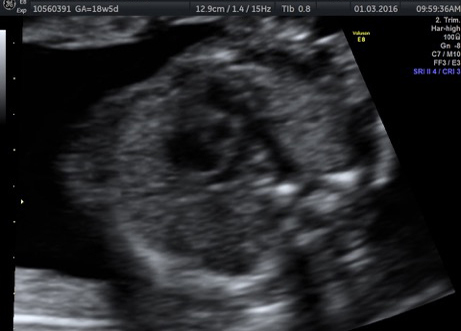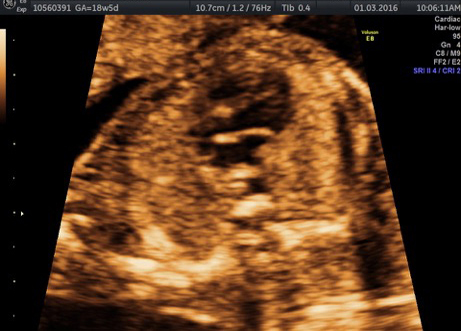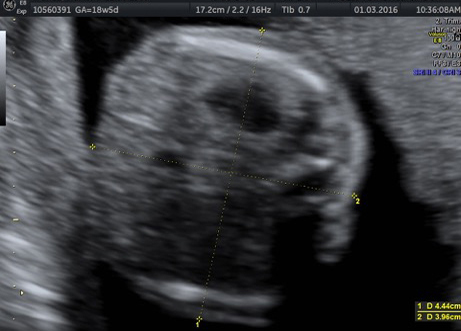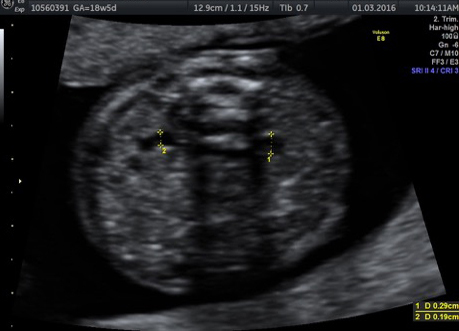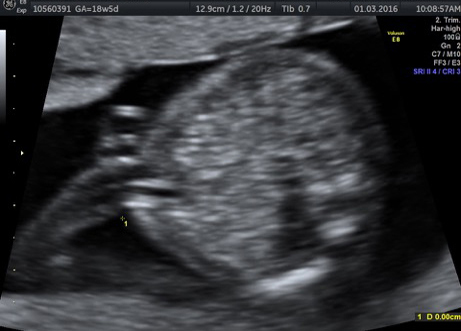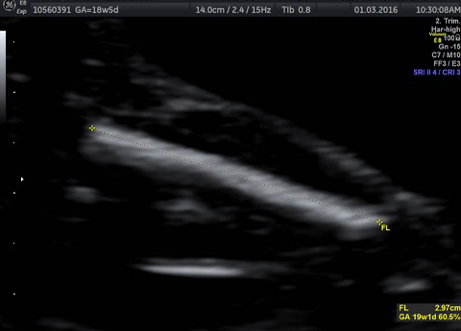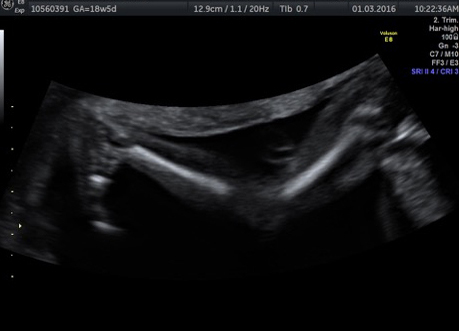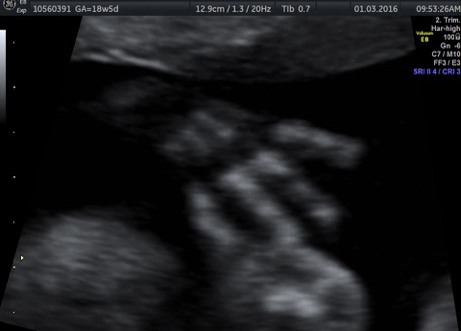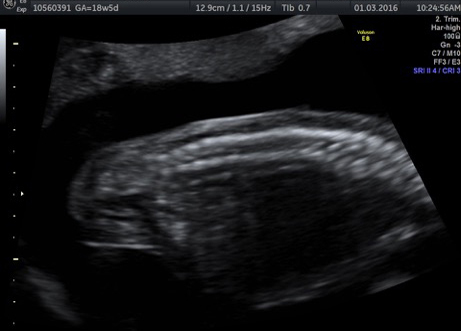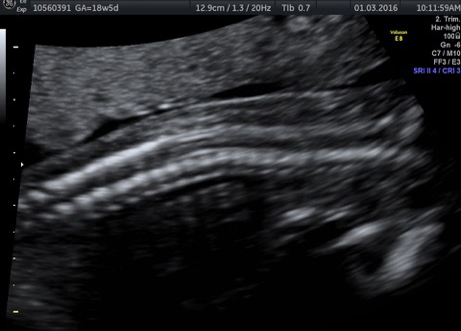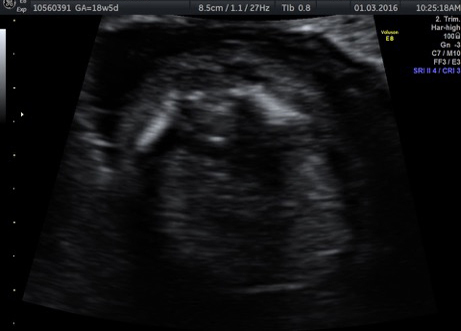A congenital heart block is a disruption of the intricate electrical nerve impulse system that regulates the pumping action of the heart. It prevents the signal from the upper parts of the heart (atria) from reaching the lower parts (ventricles), interfering with the heart’s normal rate and rhythm.
The disorder may slow or interrupt the heartbeat, making it difficult to pump blood to the rest of the body. Congenital heart block is not a blockage of an artery or blood flow.
Heart block usually develops between 18 and 30 weeks of pregnancy. In most instances the cause is not known, but babies of mothers with lupus or other autoimmune diseases, or parents with congenital heart disorders, are at higher risk. These pregnancies should be closely monitored.
Fetal echocardiogram is the usual method of prenatal diagnosis.
When a baby is born with congenital heart block, a temporary pacemaker may be immediately connected until a permanent one can be implanted.




